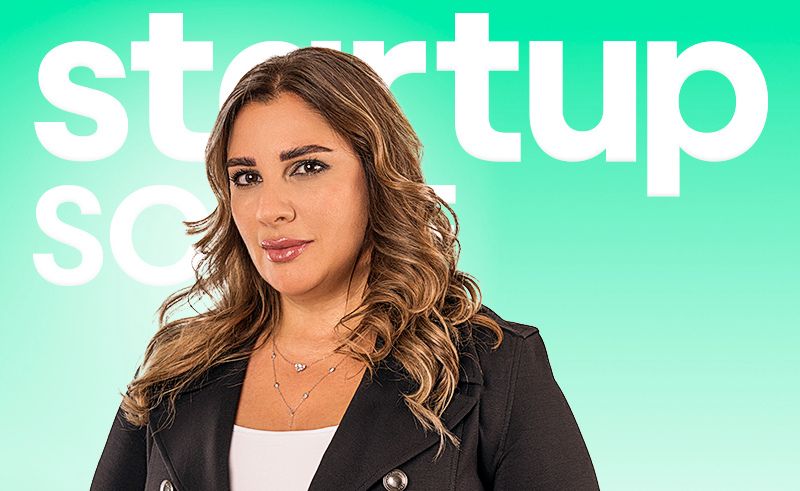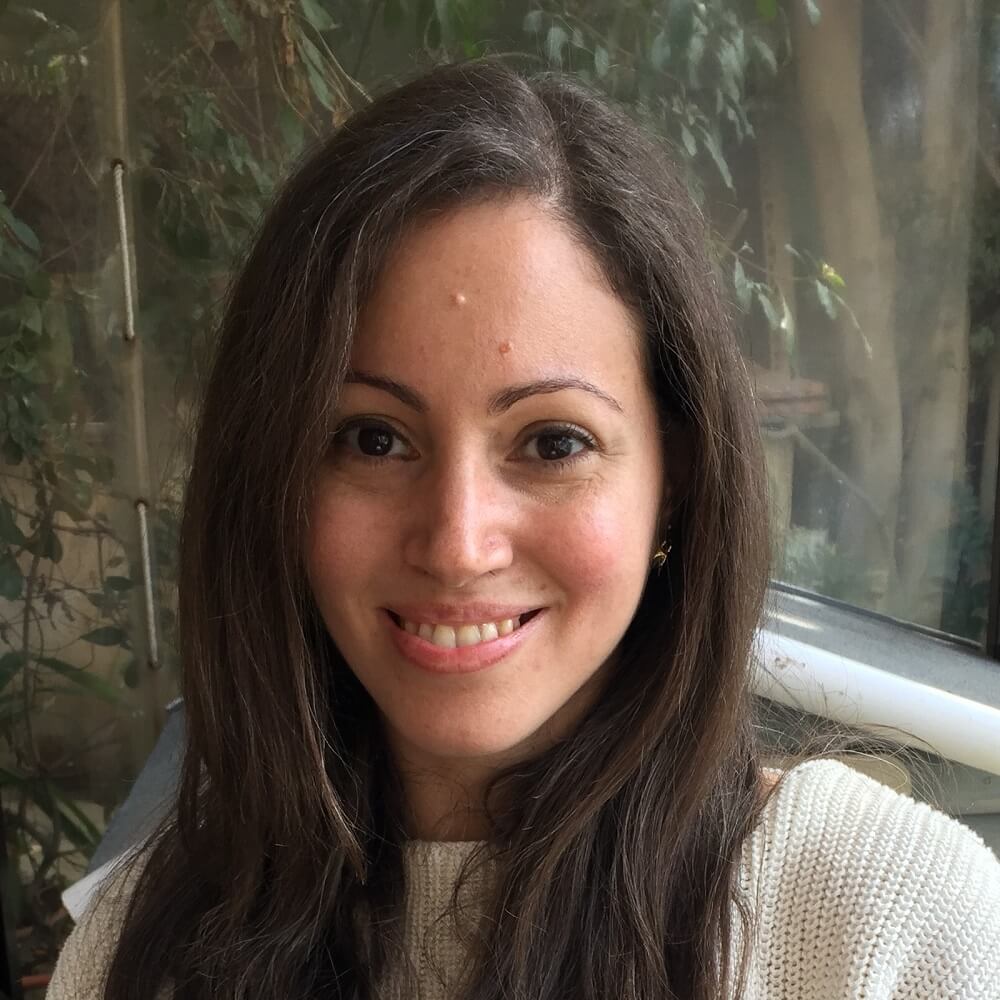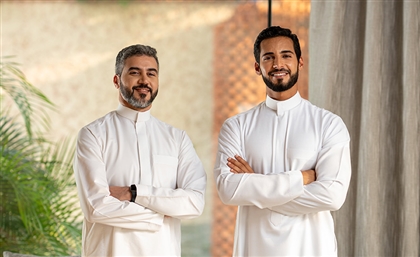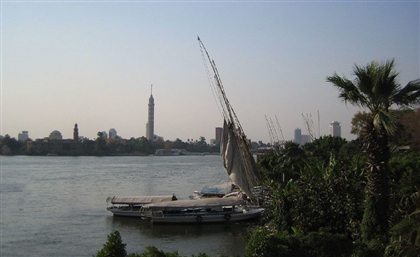How Fintech Galaxy Paves the Way for Open Finance in the MENA Region
Fintech Galaxy founder, Mirna Sleiman, explains how her startup has paved the path for Open Finance in the Middle East.

Fintech Galaxy, an open innovation platform based in the UAE, has been disrupting the region’s financial landscape since it was founded in 2018. With the goal of democratising financial services, Fintech Galaxy’s open application programming interface (API) infrastructure provides integration between fintech startups and financial institutions, encouraging banks to keep up with change and adapt to international market trends in the region.
After spending eight years working as a financial reporter, Fintech Galaxy founder Mirna Sleiman discovered a gap between fintechs and legacy banks. Eager to bring the two sides together, she came up with the concept for Fintech Galaxy, which began as a networking platform and later evolved into an Open Finance platform. “After spending years writing about pain points in the market, digging deeper into the problem and trying to push everybody to solve it, I realised that instead of writing about it, why don’t I do something about it?” Mirna Sleiman, CEO and Founder of Fintech Galaxy, tells StartupScene. “Maybe it’s time to make a difference myself. Being Lebanese and surviving so many unfortunate events, including all the civil wars, financial inclusion is something that I hold very close to my heart. And it’s honestly the driver behind everything I do.”
Since its launch, Fintech Galaxy has an estimated 600 fintech startups on its platform and has worked with some 30 leading banks from across the region. In November 2022, it received a licence from the Central Bank of Bahrain to become the first central bank regulated Open Finance platform in the MENA region.
HOW IT WORKS
After only a year of operating as a network platform, Sleiman soon realised a bottle neck in the market: no safe spaces for fintechs and banks to test prototypes or do a proof of concept (POC). So, she decided to introduce a digital sandbox to help these entities collaborate and test new technologies, spurring innovation in the region. But it didn’t take long for Sleiman to experience another challenge.
“We realised that once POC is done, taking this into production is another challenge, because banks are much bigger, and banks and fintechs don’t really understand each other,” Sleiman explains. “Regulations are kind of complicated, there are requirements from security to data privacy. So, I thought let us play the Open Banking role, which is a technical service provider to support banks to get ready for Open Banking.”
Open Banking enables third-party developers to access consumer banking information such as transactions and payment history, allowing users to manage their financial information from different platforms. “Let’s say I’m a consumer, and I grant access to my financial history and banks,” Sleiman says. “And this application will consolidate my financial footprint into one place. So, I have 360 degrees of my current accounts, savings, and my transactions, and this helps the banks provide new offerings based on financial behaviour.”
Although Open Banking is still considered nascent in the Middle East, it is a market with huge potential. The regional Open Banking market size is estimated between $0.35-0.42 billion in 2022 and forecasted to grow with an average CAGR of 25% to reach $1.17 billion by 2027, according to research by Fintech Galaxy.
TAKING OFF
Despite the novelty of Open Banking, however, Fintech Galaxy has been witnessing promising signs of growth since the turn of the decade. “Our best days on the platform started after the COVID-19 pandemic began in 2020, when the banks realised that physical communication and travelling from one place to another to meet your partner was no longer a possibility,” says Sleiman.
During this time, Fintech Galaxy’s sandbox, which enables banks and startups to test their innovations virtually, more than doubled in traction within a few months. The startup also successfully raised a $2 million seed round to roll out its Open Finance platform, and expand its reach across key MENA markets. The reason for this growth post-COVID is clear to Sleiman; Open Banking enables users to opt for a fully digital experience and access financial offerings online.
“So, anybody who has a mobile can now avail loans, make payments and transfers,” Sleiman explains. “You still need a bank account, but you don’t need to go to the bank to do any transfers.”
Such accessibility enables Open Banking to not only reach the underbanked, but also the unbanked. According to a McKinsey report, unbanked individuals make up 67% of the Middle East’s population.
AIMING FOR CROSS BORDER COLLABORATION
But to further grow Open Banking and drive financial inclusion, cross border collaboration must be present in the region. With each country having its own financial regulations, it makes it difficult for Open Banking platforms to reach users across MENA.
“Now, we’re licensed in Bahrain, which is very important for us,” says Sleiman. “So, we can operate now in Bahrain, but Bahrain is a small market. We’re also in the Saudi sandbox, Sama, but I have to do the process all over again from scratch as if I don’t have a licence. And we’ll have to do the same thing again when we want to get a licence from the UAE. Look at the European Union, one licence gets you everywhere.”
Sleiman hopes to have all the region’s regulations under one umbrella to further move the needle on financial inclusion. While there are no signs of cross border collaboration yet, she is optimistic about the future.
“If we can get to some point where there is cross border collaboration between the markets, that would be perfect,” says Sleiman. “Especially since Egypt has the breadth of the population, Bahrain has the banking regulations, KSA has the funding and a real economy, and the UAE is the financial centre of the region. So, if each market collaborates with another market and they share some of the best resources they have, can you imagine what will happen in the region!”
Until this happens though, Fintech Galaxy is working with each market separately, and it has recently acquired Egypt’s Open Banking platform, Underlie. “We want to build the world’s most secure, safe and developer friendly open finance platform,” Sleiman says. “That’s our mission, and to be able to move the needle on financial inclusion. That’s what keeps us going every day.”
- Previous Article HOW (NOT) TO GO TO A PING PONG SHOW
- Next Article Global Berry Company Driscoll's Will Grow Their Berries in Egypt



























